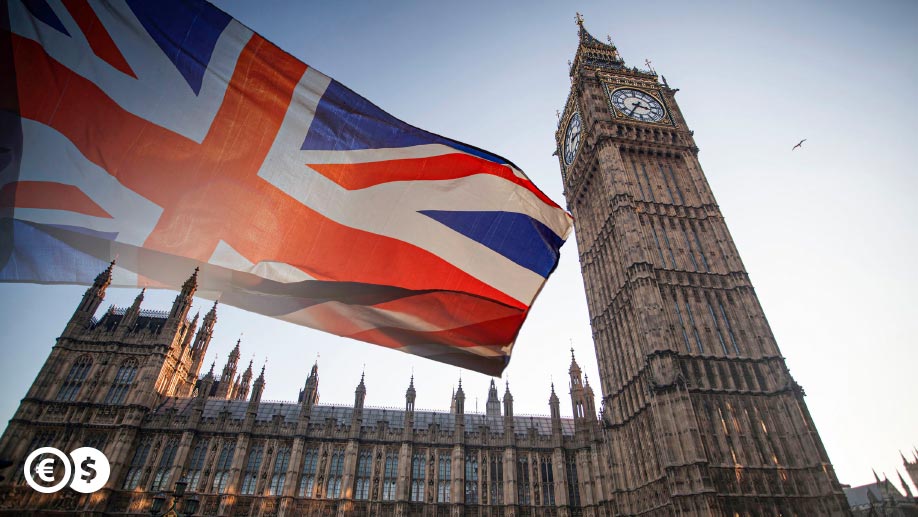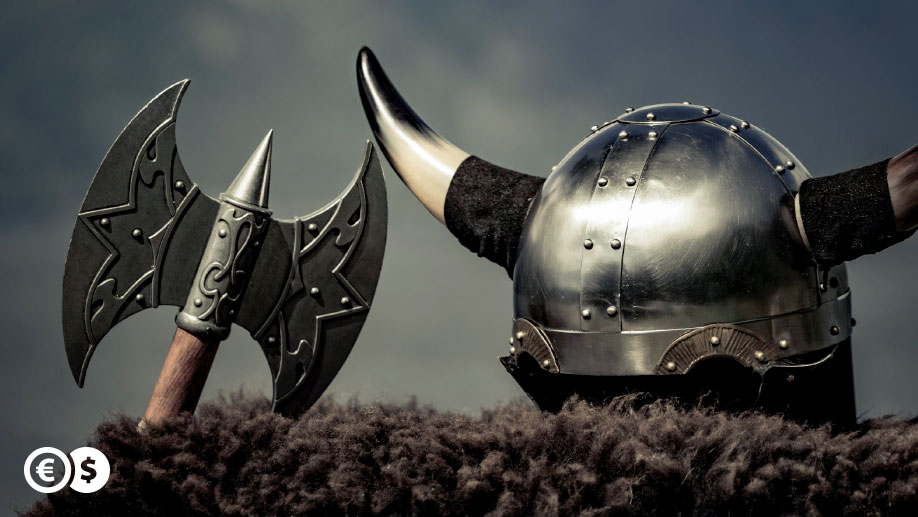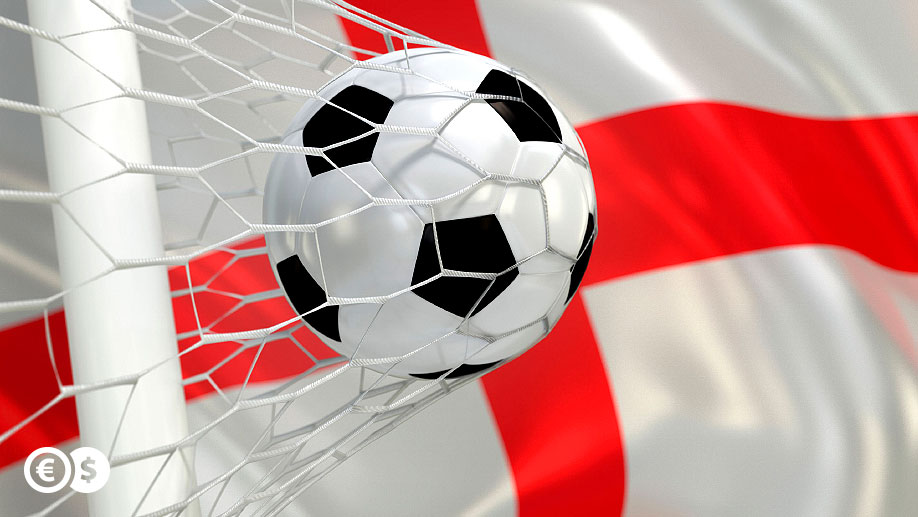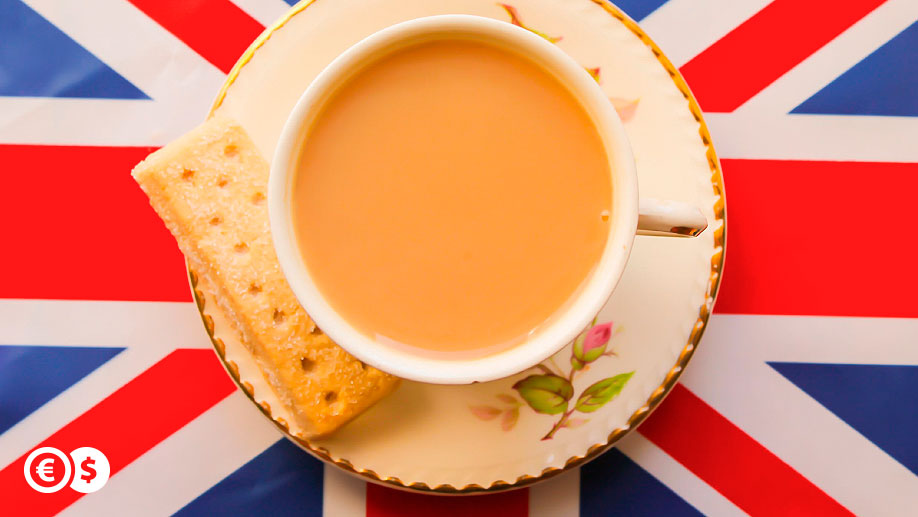Imagine a mighty empire, the greatest in the history of mankind, consisting of Australia, New Zealand, Canada, India, Pakistan, a part of Africa, Ireland, Great Britain, and a bit of South America.
Not so long ago, the British Empire had nearly 500 million citizens and occupied a quarter of the planet's land.
The times of the Kingdom of Great Britain's glory bring the answer to the question of why English is the language that dominates the world. However, they could also have led to other, somewhat perverse consequences. Have they contributed to the right-hand traffic in the majority of countries today?
Centuries ago, when knights were travelling on horses, left-hand traffic seemed natural. Intuition and caution suggested that in case of danger coming from the opposing side, a soldier could quickly reach for a blade, sword or sabre, holding a rival on the right and carrying a weapon at the same time. There is also a theory that it was Napoleon and his French soldiers who broke this standard. They kept to the right side of the road to surprise their enemies.
Later "this custom was also intercepted by colonies liberating themselves from the English reign," according to Dziennik.pl (Polish weekly magazine). Here, however, the motivation was different. It was about emphasising their uniqueness.
If this was the case, then not every territory belonging to the British Empire manifested their independence by changing the traffic to the right. Nevertheless, the United Kingdom differs from most of the world and the Old Continent countries in its left-hand side driving mode. There are more similar differences, but we will discuss them later.

The invaders from Europe
Ages before the British began to conquer and colonise the world, Britons defended themselves against invasions with different results.
In ancient times, British lands were probably conquered by Celtic tribes from eastern and central parts of Europe. Later, the army of Julius Caesar began an offensive expedition to the island. And the third mission, during the reign of the emperor Claudius, ended with the success of Roman legions.
It was primarily a result of internal conflicts between the natives, who only a few hundred years later, at the turn of the 4th and 5th century, expelled the last imperial soldier from Britain. Nevertheless, this meant neither peace nor the beginning of the greatness of Great Britain.
Encyclopaedia PWN (Polish Scientific Publisher's Encyclopaedia) states that Germanic Angles, Saxons, Juts, Vikings, the army of the king of Denmark and Norway attempted to conquer the island. Still, in the 11th century, the Normans successfully did so under the command of Prince William I the Conqueror. This was the time when the monarchy and dynasty of the British Isles began, which is still ongoing today.

Internal conflicts
The inhabitants of the island faced up not only the hostile arrivals from continental Europe who were coming to the shores. Quite often, they also participated in bloody and destructive internal conflicts. In most cases, power was at stake.
As a result, the families occupying the royal throne changed, wars were fought, including the Hundred Years' War with France, the conquests of Scotland, Wales and Ireland continued, and the serfs battled for their rights against the rulers.
In 1485, the Tudor dynasty took over the reins. Noteworthy, Henry VIII, the second ruler of this family, became the head of the Anglican Church, breaking (ca. 1533) the relationship with the Catholic Church in the Vatican. Anglicanism remains the most common religion in England up to now.
In 1707, England and Scotland joined forces to form the Kingdom of Great Britain with a strong fleet and colonial aspirations on almost every continent. The British ruled over the territory of today's the United States. They lost their power several decades later when the Americans declared the war for independence.
The Kingdom, however, did not lack dependent territories in various parts of the world. What was at the root of the power impulses and the effectiveness of conquests? According to PWN encyclopaedia, "the Industrial Revolution of 1770 made Britain the first economic power in the world, and it was not until the 1870s that the United States surpassed it."
One hundred years after the outbreak of the Industrial Revolution, an extraordinary situation occurred. The British Empire, influential not only industrially but also militarily and economically, ruled or maintained significant influence in countries like Australia, Canada, New Zealand, India, Pakistan, Bangladesh, Sri Lanka, Ireland, Hong Kong, and much of Africa.
But the hegemony period did not last for centuries. At the turn of the 19th and 20th centuries, British colonies gained independence, and conquered countries, such as Ireland, fought to regain their independence.
Heroes of two world wars
In 1914, when German troops were involved in the conflict that broke out between Austria-Hungary and Serbia; they did not expect Britain to join the circle of their enemies. Nonetheless, at that time, only a few countries in Europe could stand aside from the "Great War."
On one side, the Triple Alliance of Austria-Hungary, Germany with the Ottoman Empire and Bulgaria, while on the other, the Triple Entente between the Russian Empire, the French Third Republic, and Great Britain. With time, the United States joined the Triple Alliance when the Germans sank their luxury passenger ship "Lusitania" on the Atlantic.
In five years of bloody battles on land, water and air, one million British soldiers died, mainly on the French front. The temporary profit of the Kingdom after the victorious end of World War I was the occupation of some German colonies in Africa and the Middle East.
As independence movements intensified in the region, the British Empire was transformed into the British Commonwealth in 1931. The nations consistently strived to break out of the community. Paradoxically, they benefited from the outbreak of World War II, which was also victorious for the alliance in which Great Britain was involved.
The heroic and winning struggle for England, the battles that followed in Europe, Africa and the Middle and the Far East not only took the lives of half a million Britons, including the citizens of the colony but also caused the empire to go bankrupt, thus making it easier for some countries to regain their independence.
As late as 1960, after the symbolic speech known as "The Wind of Change" by British Prime Minister Harold Macmillan, Britain seemed to accept the loss of lands and influence on other continents.
Admittedly, the wind of change was still blowing backwards, e.g., in 1982, when British navy ships sailed to retake the Falkland Islands occupied by Argentina. For a change, two years later, the British accepted Hong Kong's autonomy without the use of any military force.
To this day, there are still several overseas territories in the world dependent on Great Britain.

Steam machine, football, Titanic and a specific sense of humour, Queen Elizabeth II, William Shakespeare's literature, The Beatles, London's monuments and atmosphere, Monty Python's sketches and films — there are plenty of associations with Great Britain in variety of fields.
In the 18th century, the British began an industrial revolution. By creating mechanised factories at the expense of manufactures or craft workshops, they got ahead of the rest of the world. The symbol of this revolution was, among others, the steam engine developed by the Scotsman James Watt.
Thanks to it, ships and trains moved faster and more efficiently. We owe Great Britain the expansion of the textile, shipbuilding, steel and metallurgy industries. The world can thank the Britons for TV sets, electric vacuum cleaners, radars, thermos, toilet bowls, corkscrews and football. In the field of sport, despite the popularity of Premier League, sports like tennis, golf and cricket are worth mentioning as well.
In Europe and America, the stereotypes attributed to the British are usually the subjects of mockery. Often, they are entirely out of touch with reality. Pale, polite, reserved, discussing the weather, loving the queen, and tea breaks — these are the people we most frequently see in comedies.
Britain today is a cultural mix, so it is pointless to keep on believing in such clichés. It is estimated that as much as a quarter of London's inhabitants are people who were not even born in the UK.
Nevertheless, England itself admits to a rather specific sense of humour, characterised by auto-irony and a great deal of self-distance.

The measurement system and tea with milk
A British person's day may start with a courtesy exchange and breakfast that many people might find repulsive. Fried, full, fatty and hot meal — not everyone loves such food for the start of a day, but if you order a typical English breakfast in a bar, you better be hungry... Also, remember that the British quite commonly add milk to the tea, which may be weird for some.
English woman Anna, who has lived in Poland for several years, says that tea with milk can be served on almost every occasion: whether during a friendly visit or a business meeting. "And this would be tactless to refuse it, so wherever you go, you had better sit and drink tea with milk," she says.
No native Briton will say that he or she works only a few kilometres from their home because they count the distances in miles. Each is about 1.6 km long. Instead of meters, there are commonly used yards (ca. 0.91 m) consisting of 3 feet, which are divided into 12 inches (ca. 2.5 cm).
The employed British get paid every week. The wages can be considered desirable by some foreigners. This year, the average weekly salary in the UK for the first time exceeded 500 GBP, which according to the rates of Conotoxia.com from 25.11.2019, is the equivalent of about 640.25 USD / 582.00 EUR.
On Friday evening, the citizens of the UK may spend a small part of their earnings in a pub, where they are likely to meet friends. And on Saturday morning they may wake up with a slight hangover and more eagerly will consume a fatty, full breakfast...



